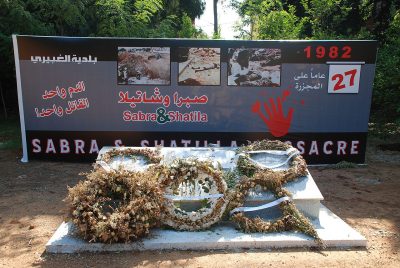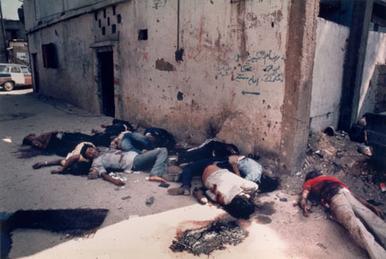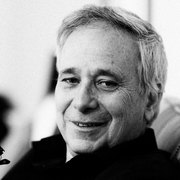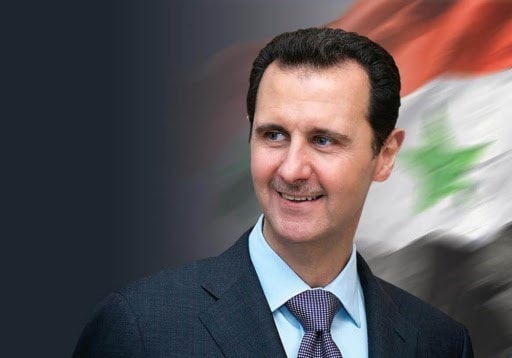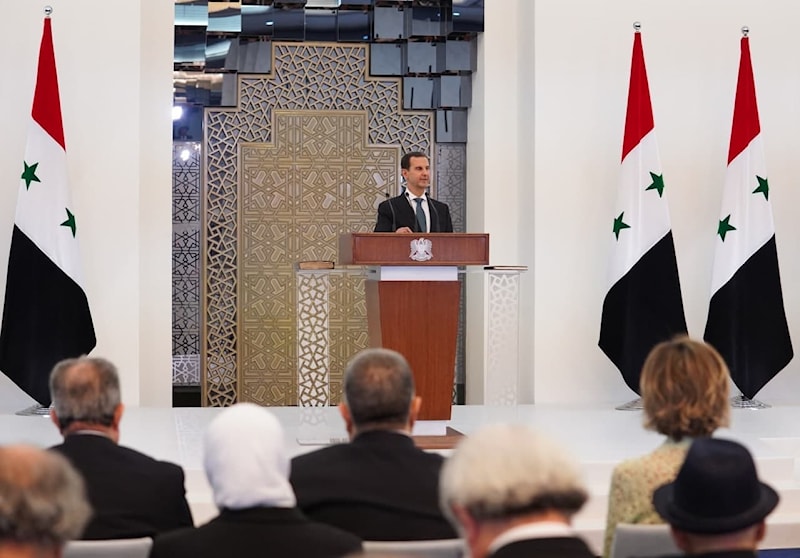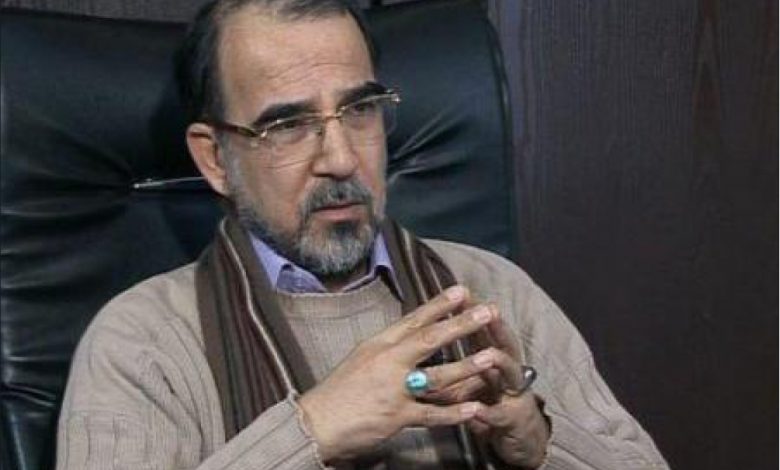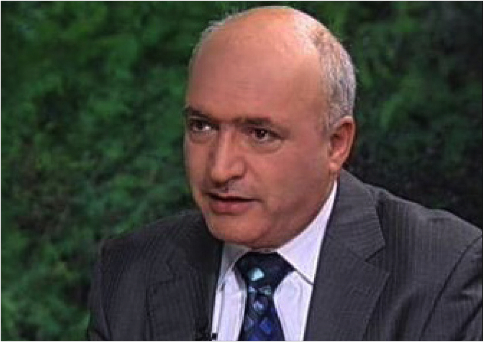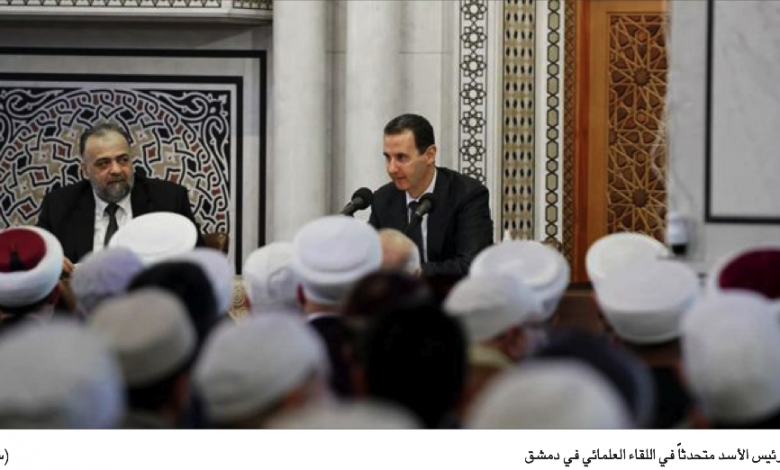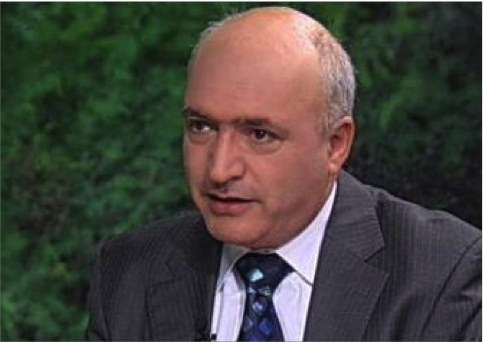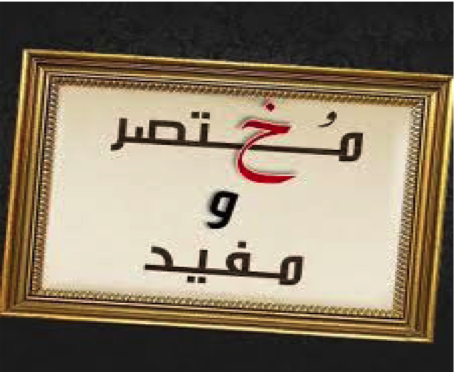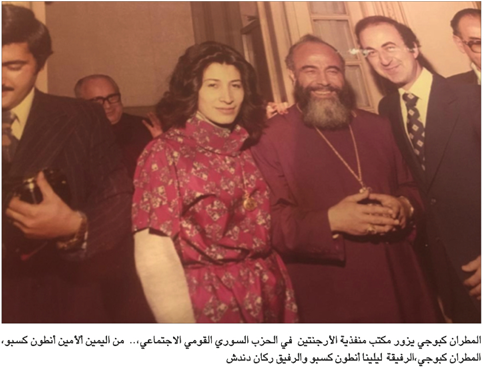Amman’s collaboration with Tel Aviv peaked last Saturday with its shocking defense of Israeli territory from Iranian drones and missiles, a move that may prove fateful for the future of the Hashemite Kingdom.
The most dangerous development during Iran’s massive 13 April retaliatory strike against Israel last weekend was the defensive military alliance – comprising the US, Britain, Jordan, and France – that coalesced to defend the occupation state.
Jordan has jumped to Israel’s full defense at a time when Arabs have never been more collectively outraged by its crimes.
Particularly notable was Jordan’s role in thwarting Iran’s incoming drones and missiles. The Hashemite Kingdom was the only Arab or Muslim state to act as Israel’s “firewall,” providing direct military protection for Tel Aviv within a multilateral, regional military framework.
Despite Amman’s long-standing pro-Israel stance, this sudden reassertion of its position is indicative of some broader shifts in military strategies across West Asia.
Patterns and calculations of confrontations across West Asia will be readjusted to adapt to this new equation and others that have emerged in the region as alliances shift to and away from the west.
That includes the Axis of Resistance, which will likely reassess the expected range of responses in a future confrontation, given that western anti-missile capabilities are well spread throughout strategic locations – strategic sites from the Ain al-Assad base in Anbar, Iraq, to the Al-Tanf base at the Syrian–Jordanian–Iraqi border and from the Mashabim base in the Negev desert to the King Faisal base in northwestern Jordan.
Strategic shifts
Over the years, the Jordanian government has dramatically shrunk its commitments to the Palestinian cause and “Arabism.”
This can be traced from its 1968 “Battle of Dignity” against Israel to 5 November, when King Abdullah II boasted of his country’s “success” in airdropping medical aid to the Jordanian field hospital in the Gaza Strip, and now, quite stunningly, employing its air force to protect Israel’s security from retaliatory Iranian strikes.
This shift is not merely a reactionary measure but the culmination of years of extensive security and military coordination with the occupation state, as highlighted by a Jordanian opposition activist speaking to The Cradle. This deep-seated integration into anti-missile and drone operations reflects a strategic evolution rather than a spontaneous response.
Eyewitness reports from multiple sources to The Cradle describe the audible presence of warplanes over the Amman region, followed by the sound of explosions hours later when overhead projectiles were intercepted and downed.
One Jordanian witness relays that the suburb of Marj al-Hamam saw the most interceptions against Iranian drones and missiles, with debris reported across the area.
Jordanian writer and journalist Rania Jabari informs The Cradle that “citizens in Jordan have felt jammed on the GPS for about two weeks,” that is, since after the Israeli airstrike on Iran’s consulate in Damascus.
Amid rising concerns about a swift Iranian counterattack through drone incursions, Israel reportedly initiated GPS jamming operations across several regional countries, including Jordan.
Jabari suggests that this electronic interference might have precipitated the Jordanian Air Force’s readiness to intercept any unauthorized aerial objects in its airspace, given the potential risks to national security from mistakenly guiding Iranian drones into Jordanian territory.
However, the Jordanian opposition activist casts doubt on the capability of Jordan’s Air Force – equipped with only about 60 older F-16 and F-5 aircraft – to single-handedly manage the response against hundreds of Iranian drones and missiles destined for Israel.
Regional repercussions
Supporting these suspicions, Israeli Channel 12 reported that Israeli fighter jets had intercepted drones launched by Iran in the airspace of Jordan and Syria.
The day after the Iranian Operation True Promise, the Jordanian government issued a vague statement, only saying that “some unidentified flying objects that entered our airspace last night were dealt with and intercepted to prevent endangering the safety of our citizens and inhabited areas.”
The statement conspicuously omitted any mention of the scale of involvement of the Israeli Air Force or the nature and role of US fighter jets participating in the operation.
Given the limitations of Jordan’s aerial fleet and the extensive geographic area these planes need to cover – a “firewall” stretching approximately 1,500 kilometers from western Iran to the occupied territories of Palestine – the involvement of international forces seems credible.
Additionally, Iraqi sources inform The Cradle that coalition forces had shot down about 30 drones and missiles over Iraq, with explosions heard in regions like Erbil, Najaf, Wasit, and Anbar. This indicates that a significant number of the drones and missiles traversed Jordanian skies, where they were intercepted before reaching their intended targets in Israel.
The role of the Jordanian Air Force is so significant that the Iranian Mehr news agency quoted an Iranian military source as saying, “Iran will monitor Jordanian movements, and if they cooperate with Israel, Jordan will be our next target.”
The source is said to have “warned Jordan and other countries in the region before the start of the attack against cooperating with the occupying entity.”
This statement seems to have aroused the ire of the Jordanian government. On Sunday, authorities summoned the Iranian ambassador in Amman to warn against Tehran’s “questioning of Jordan’s position.”
Jordanian Foreign Minister Ayman Safadi also issued a statement saying that his government would “intercept any drone or missile that breaches our airspace, whether Iranian or Israeli.”
However, the Jordanian oppositionist questions the accuracy of Safadi’s statement, especially about his country’s readiness to confront a similar threat coming from Tel Aviv, noting numerous occasions when Israeli fighter jets infiltrated Jordanian airspace to carry out raids on Syria.
A history of betraying Palestine
Jordan’s historical antagonism towards Palestinian resistance dates back to the “Black September” massacres of 1970, aimed at expelling the PLO from the country – allegedly with the support of former King Hussein bin Talal, who reportedly received backing from Israel and the US.
During the 1967 Six-Day War, Israel’s Air Force shot down and destroyed dozens of Jordanian aircraft. Following the 1994 Amman–Tel Aviv peace agreement, the two states have struck multiple defense deals, including Israel supplying Jordan with F-16 jets and Cobra helicopters.
Since the 1970s, when Israel supported Jordan during the Palestinian revolt against King Hussein, the two air forces have not engaged in combat. Israeli belligerence persists despite this. On the eve of the 1991 Gulf War, when asked about potential opposition from the Jordanian Air Force should Israel strike Iraq, then-retired Air Force Commander Avihu Ben-Nun boldly stated, “There would be no more Jordanian Air Force.”
It is very likely, moreover, that the western militaries involved in Israel’s defense last weekend utilized Jordanian bases. For example, US troops are stationed at the Mashabim air base in the Negev desert, supporting operations like the Iron Dome system.
Similarly, UK and French military forces are present at multiple strategic locations within Jordan, including the King Faisal Air Base in Al-Jafr and the Humaymah base near Aqaba, where they play roles in regional defense and run intelligence operations.
There are also French troops at King Faisal Air Base, known as Al-Ruwaished Base, which is close to Al-Tanf. From this base, activities involving espionage operations in Syria, Iraq, Lebanon, and Iran are carried out through a state-of-the-art reconnaissance center, and its airport is believed to be used by both Israeli and US drones.
Sacrificing Jordan’s stability for Israel’s security
But Jordan’s relations and collaboration with Tel Aviv remain deeply unpopular among the country’s citizenry, with protestors amassing for weeks near the Israeli embassy in Amman – many of them subsequently subjected to repression and tight security restrictions by Jordanian authorities.
Adding to the pressure on Amman, the Iraqi resistance faction, Kataib Hezbollah, announced earlier this month its readiness to arm “12,000 fighters with light and medium weapons, anti-armor launchers, tactical missiles, millions of bullets and tons of explosives, so that we can be united to defend our Palestinian brothers,” adding that it would seek to “cut off the [Jordan] land route that reaches the Zionist entity.”
By participating in the interception of Iranian drones, Jordan has made a significant contribution to alleviating some pressure off Israel, but one that comes with a much more significant domestic consequence for the stability of the kingdom.
Will Amman’s blatant alignment with Tel Aviv in this context prove to be politically detrimental for its monarch? In years to come, this decision may be viewed as a strategic error of gargantuan proportions. For now, Jordan’s political future and its position in regional politics remain uncertain – certainly as Tel Aviv and Tehran gear up for further confrontations.
King Abdallah can jump into the fray as he did last weekend and suffer through further waves of domestic and Arab outrage, or he can resolve to stay neutral and quiet – as many larger, more powerful neighbors chose to do – and let Iranians and Israelis adversaries fight their own battles.
The views expressed in this article do not necessarily reflect those of The Cradle.
MOST POPULAR
- How Iran’s ‘strategic patience’ switched to serious deterrence
- Iran attack puts Israeli Rafah invasion on ice: Report
- Yemen’s ‘uninhibited’ attacks push French warship to exit Red Sea
- Hezbollah ambushes Israel’s Golani Brigade on Lebanon border
- Tel Aviv confirms key airbase damaged by Iranian strikes
Filed under: "Israel", Britain, France, Jordan, Lebanon, The Islamic Republic of Iran, USA | Tagged: 1991 Gulf War, Arabs, Ayman Safadi, Black September, Iran Retaliation Attack, Iran's Operation True Promise, Iraqi Hezbollah, King Abdullah II, Negev, Palestinian cause, Palestinian Liberation Movement PLO, Pan-Arabism, Strike for Gaza, The Axis of Resistance, The Six-Day War, The Zio-temporary entity, Us Ain al-Assad air base In Iraq, West Asia | Comments Off on From the ‘Battle of Dignity’ to the shield of shame: How Jordan has fallen








